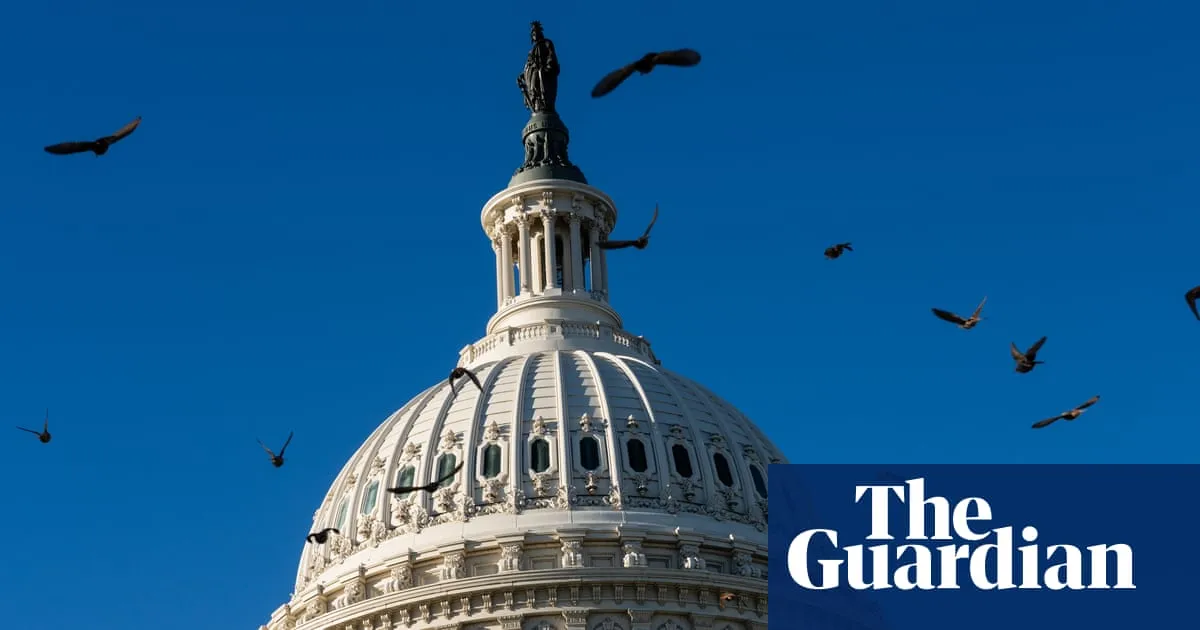
The ongoing US government shutdown is poised to enter its seventh week, marking an unprecedented period of disruption. As the Senate prepares for another vote on a Republican proposal aimed at restarting funding this Friday, there is little indication that Democrats will compromise on their demands for an extension of healthcare subsidies. This shutdown, which began on October 1, has already become the longest in US history, leading to significant interruptions in various government programs.
One of the most notable impacts of the shutdown has been felt in the food aid program, where the Trump administration attempted to halt payments for the first time ever. However, this move was stymied by a court order. Additionally, the Federal Aviation Administration has been forced to reduce commercial air travel capacity, citing weeks of unpaid work by air traffic controllers. As of Friday morning, tracking website FlightAware reported that approximately 800 flights linked to the US have been canceled.
Despite the pressing issues, Congress appears to be at a standstill. The Senate convenes on Friday morning for what could be the 15th vote on the GOP’s funding proposal to reopen the government. Although Republicans hold the majority in both chambers, any spending legislation requires at least some bipartisan support to meet the necessary 60-vote threshold in the Senate. For weeks, the Republican Party has insisted that Democrats support a bill that would reopen the government until November 21 without introducing significant policy changes.
However, after 14 attempts, only three Democratic senators have crossed party lines to support the legislation, which the House approved in September largely along party lines. Republican Senate Majority Leader John Thune stated, “Democrats instigated this shutdown by rejecting a clean, non-partisan funding resolution.” He emphasized that Republicans were not asking for any new conservative policies, yet Democrats have remained firm in their opposition.
Democrats are adamant that any funding bill must include an extension of tax credits that reduce premiums for those enrolled in Affordable Care Act health plans. These credits, introduced during President Joe Biden’s administration, are set to expire at the end of the year, with projections indicating that enrollees could face an average cost increase of 26%, according to the Kaiser Family Foundation.
Adding momentum to their position, Democratic candidates achieved significant victories in off-year elections across several states. Party leaders attribute these results to voter support for their demands. Senate Majority Leader Chuck Schumer remarked, “Americans plagued by high costs fired a political torpedo this week at Donald Trump and Republicans.” He urged Republicans to heed the message that their current strategy is failing.
Recent polling indicates that the Republican Party is perceived as bearing more responsibility for the ongoing shutdown than Democrats. In a candid acknowledgment of this sentiment, Donald Trump informed GOP senators that the shutdown has been “negative for Republicans.” He suggested that they consider abolishing the Senate’s filibuster, which currently enables the minority party to stall most legislation that lacks the required 60 votes. However, Thune has indicated that his colleagues are not in favor of this proposition.